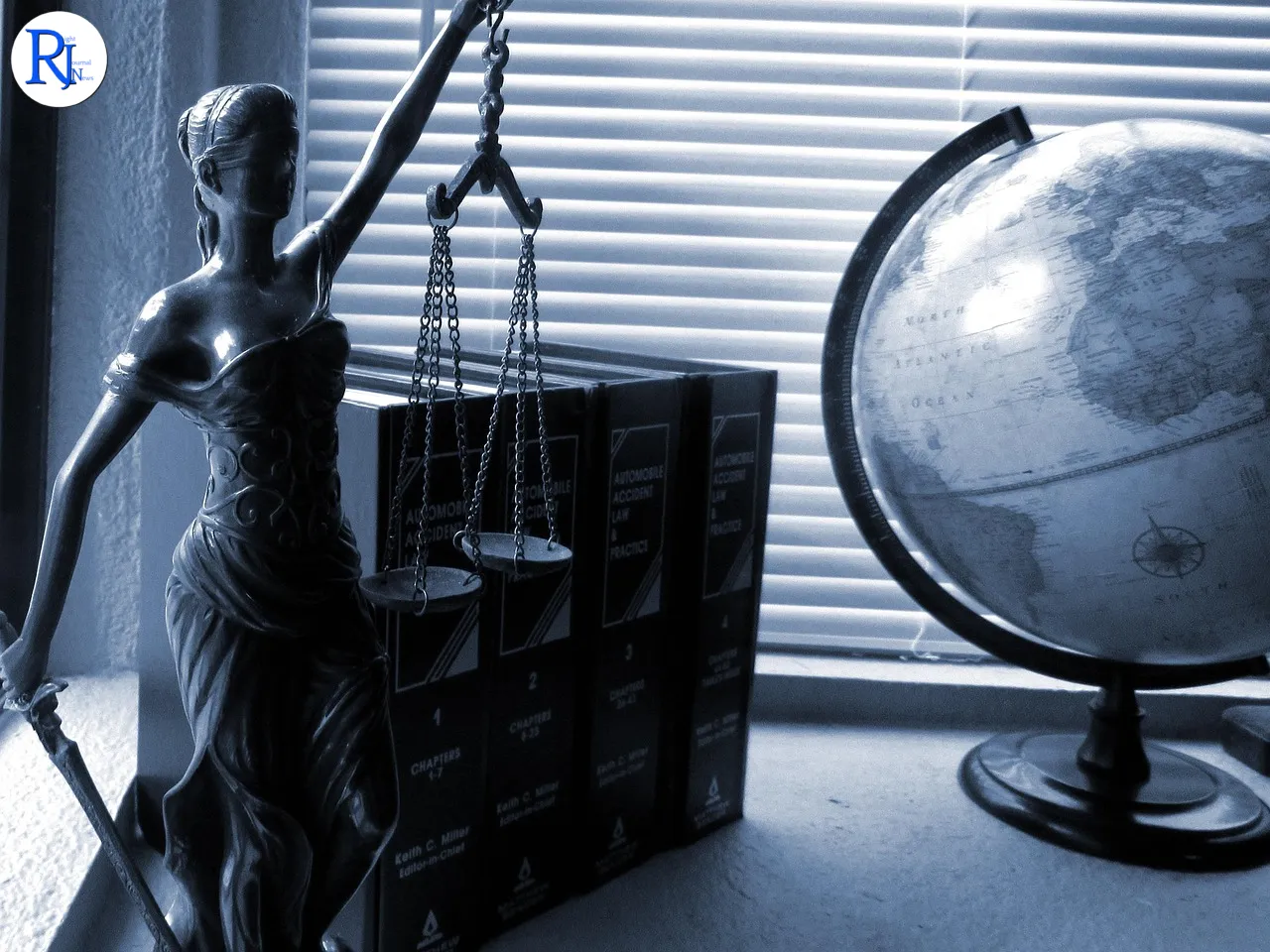Two solicitors have come under scrutiny by the Solicitors Regulation Authority (SRA) for taking confidential client information from their previous firms. This disciplinary action underscores the critical importance of maintaining client confidentiality, a cornerstone of legal practice and ethics.
The SRA, in its recent decision, issued a formal rebuke to the solicitors involved, emphasising the gravity of the breach. The authority reiterated the necessity for solicitors to adhere to the highest standards of professional conduct, especially concerning client information.
Incident Overview and Timeline
The incident emerged earlier this year, with the SRA’s findings concluding last week. The solicitors, identified as having left their respective firms in London and Manchester, were found to have taken sensitive client data without authorisation. The data breach came to light during internal audits conducted by the firms, which subsequently reported the matter to the SRA.

This breach highlights ongoing challenges in data security within the legal profession, especially as more firms transition to digital storage solutions. The incident also raises questions about the security protocols in place at law firms and the responsibilities of legal professionals when handling client data.
Breach of Trust: A Closer Look
The SRA’s investigation revealed that the solicitors involved had taken client information as they transitioned to new employment. This action violated the SRA’s principles concerning client confidentiality and trust, which are pivotal to the solicitor-client relationship.
Legal experts have weighed in on the matter, stressing the potential repercussions for solicitors who disregard these ethical obligations. “Client trust is the bedrock of legal practice,” noted Dr. Emily Carter, a legal ethics professor at the University of Birmingham. “Any breach of this trust can have severe implications, not just for the individual solicitor, but for the profession as a whole.”
The Role of the Solicitors Regulation Authority
The SRA plays a crucial role in upholding the integrity of the legal profession in England and Wales. By rebuking the solicitors involved, the authority aims to send a clear message about the seriousness of maintaining confidentiality. The rebuke, while not as severe as disbarment, serves as a public reprimand and remains on the solicitors’ professional records.
The authority’s decision reflects its commitment to ensuring that solicitors operate within the legal framework designed to protect clients. “Our primary duty is to maintain public confidence in the legal profession,” stated an SRA spokesperson. “We will continue to take necessary actions against those who undermine this trust.”
Implications for Law Firms
The incident has prompted law firms across the UK to reassess their data protection policies and employee exit procedures. Many firms are now implementing stricter measures to secure client data and prevent similar breaches in the future.
Legal technology firms are also stepping up, offering advanced security solutions tailored to the unique needs of law practices. These include enhanced encryption services and comprehensive audit trails to monitor data access and transfers.
Expert Opinions and Future Outlook
Industry experts believe that this case will serve as a cautionary tale for legal professionals. It underscores the need for ongoing education and training in data protection and ethical conduct. “Firms must ensure their employees are well-versed in the ethical handling of client information,” said Sarah Thompson, a partner at a leading legal consultancy. “Continuous professional development is key to preventing such breaches.”
Moving forward, the legal industry may see increased regulatory scrutiny and potential updates to existing guidelines on data security. As digital transformation continues to reshape the legal landscape, safeguarding client information will remain a top priority.
The SRA’s actions in this case highlight the ongoing commitment to uphold the principles of justice and integrity within the legal profession. By addressing these breaches head-on, the authority reinforces the message that ethical conduct is non-negotiable.
Looking Ahead
The repercussions of this incident are likely to influence future regulatory policies and firm practices. As the legal sector adapts to technological advancements, the emphasis on robust data protection measures will only grow stronger.
For clients, this serves as a reminder of the importance of choosing legal representatives who prioritise confidentiality and ethical standards. For the solicitors involved, the rebuke marks a significant moment in their professional careers, serving as a powerful reminder of the responsibilities that come with the legal profession.
The SRA’s decision underscores a broader commitment to fostering a culture of trust and accountability within the legal community. As the industry evolves, maintaining these standards will be crucial in ensuring that the profession continues to serve the public with integrity and transparency.

